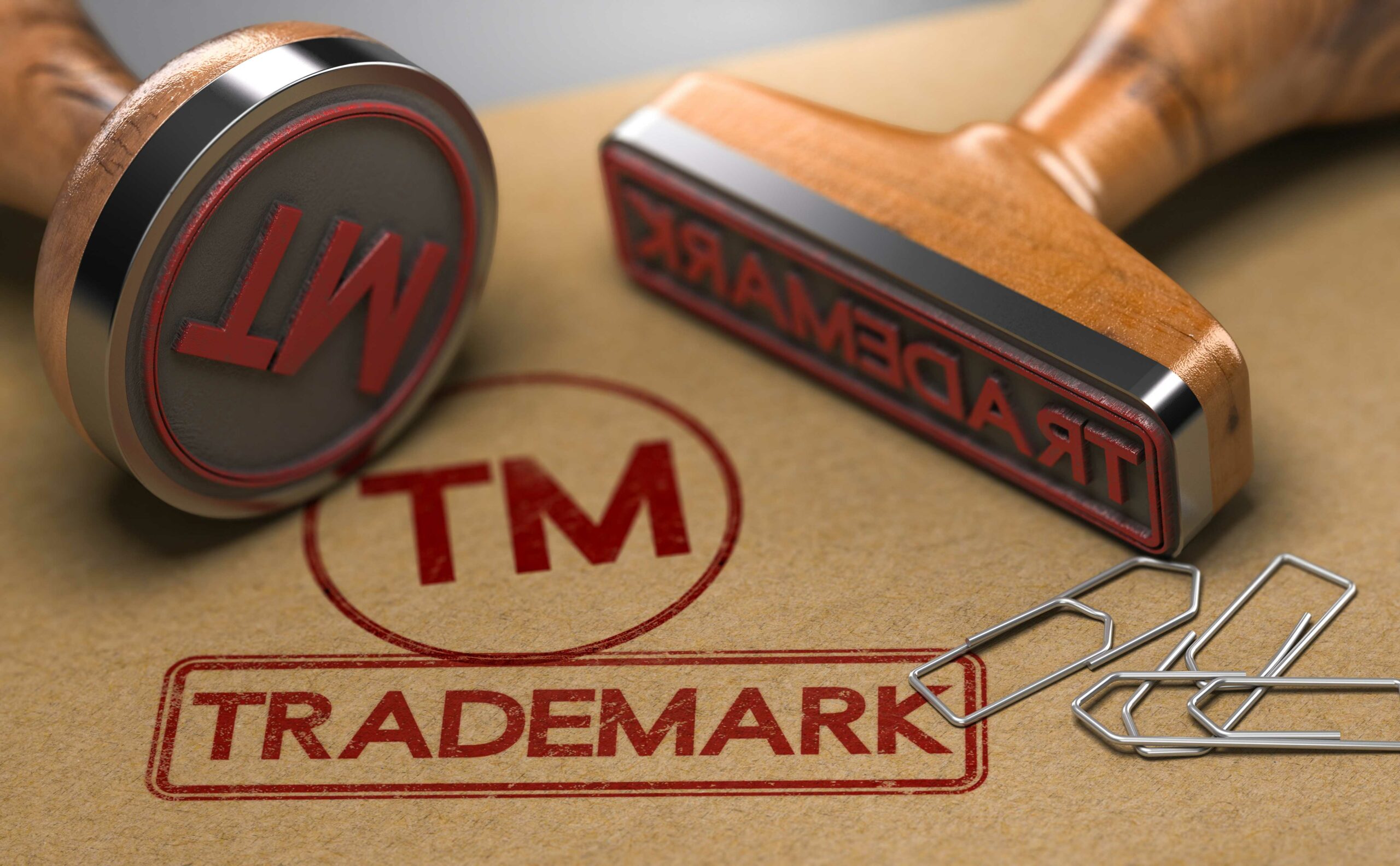It is often very difficult, and it takes enormous effort to come up with a good business name, and when you come up with one, you want to make sure that you have an exclusive right to use it.
One of the best ways to protect your business name is to register it as a registered trademark.
Now, there are many advices available on the Internet on “how to pick a good name for your business”. Typical ones are, for example:
- Be sure it reflects the product or service you offer or you may confuse prospective customers
- Think about how you want your business to be perceived
- Pick something that is easy to pronounce and remember
- Make it unique and distinctive to avoid confusion and legal issues (from Choosing a business name – Canada.ca)
It is very tempting to have its business names that describe what your business do and where your business is. In fact, we often see proposed business names with, for example, exact product and services they offer, last name of the owner, etc. (Well, that’s what many of online advices are saying…). But, from a trademark agent’s perspective, these types of proposed trademarks that describes a characteristic(s), quality(ies), feature(s), or purpose(s) of the goods / services are difficult to register as a trademark in Canada, unless the mark has been used for a certain period of time and significant goodwill is built around the business / trademark through business success, advertisement, etc.
From our perspective as a trademark agent, in Canada, both being “unique” and being “distinctive” would be the keys for obtaining a registered trademark.
“Unique” means your proposed business name / trademark is different and not similar to ones used or registered in Canada, so it would not be confusing with other trademarks that being used in the market. This can be confirmed by conducting clearance searches to make sure that the proposed trademark is not taken by others.
“Distinctive” means that your proposed mark does not contain anything that would describe a characteristic(s), quality(ies), feature(s), or purpose(s) of the goods / services. An example of a non-distinctive name would be “Ottawa Pet Foods” for selling pet foods in Ottawa. If the proposed trademark, for example, include a coined word(s), then such a trademark with the coined word(s) would be considered as “distinctive”, thus increases the chance of obtaining a registered trademark. An example of a distinctive name may be “KODAK” (which is a coined / invented word) for photographic films.
When you consider your business name, we recommend considering your business name to be also registrable as a trademark in Canada. So, be sure to consider your business name to be “unique” and “distinctive”.
Deciding a business name is a very important first step for starting your business. If you are not sure what to do or where to start, you should seek for a professional help. We are always here to help you.




